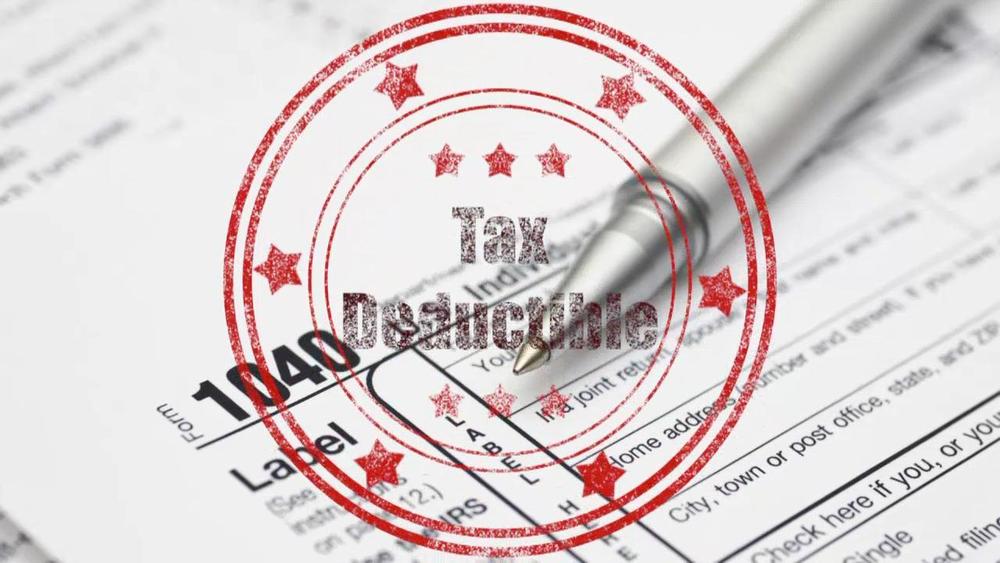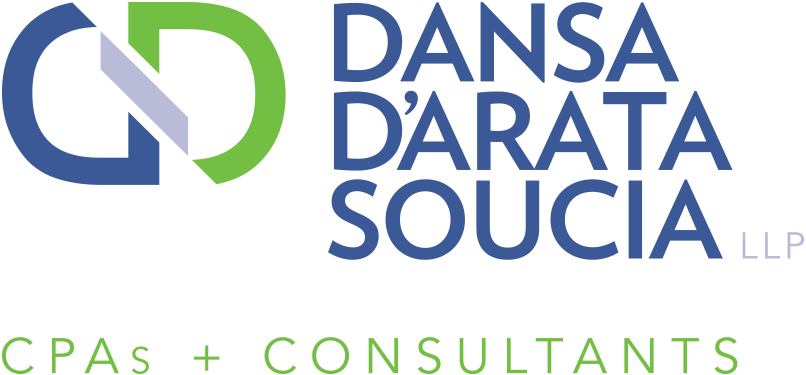Tax Reform Looks to Remove State & Local Income Tax Deduction
[et_pb_section admin_label=”section”][et_pb_row admin_label=”row” make_fullwidth=”off” use_custom_width=”off” width_unit=”on” use_custom_gutter=”off” custom_padding=”||1px|” padding_mobile=”off” allow_player_pause=”off” parallax=”off” parallax_method=”off” make_equal=”off” parallax_1=”off” parallax_method_1=”off” column_padding_mobile=”on”][et_pb_column type=”4_4″][et_pb_text admin_label=”Text” background_layout=”light” text_orientation=”left” use_border_color=”off” border_color=”#ffffff” border_style=”solid” border_width=”20px”]
Tax Reform Looks to Remove State & Local Income Tax Deduction
Anthony S. Gardner, CPA
Tax Manager
 The House and Senate have each now passed their own versions of tax reform, and even though there is still ongoing negotiation between the two before one final bill is submitted to the president, there is one provision that both bills have in them currently that looks likely to become law.
The House and Senate have each now passed their own versions of tax reform, and even though there is still ongoing negotiation between the two before one final bill is submitted to the president, there is one provision that both bills have in them currently that looks likely to become law.
The Senate and House bills would remove the deduction for state and local income taxes and sales/use taxes effective in 2018. For those of us in New York and other high income tax states, this has historically been a major itemized deduction benefit on the Federal return, and is taken advantage of by a large number of our individual tax clients. Current House and Senate bills would preserve an individual deduction for state and local property taxes, capped at $10,000.
* There is one proposal that’s currently being discussed as a part of the negotiations, according to Representative Ryan Costello, a Pennsylvania Republican, where taxpayers could deduct both their state income tax and state and local property taxes up to a combined limit of $10,000.
What can you do to lock in the unrestricted deduction benefit for tax year 2017?
This year, if you don’t expect to pay federal alternative minimum tax (consult us if you are unsure), which negates the benefit of this deduction, you should pay your 2017 NYS and other state tax estimates, to the extent that you need to pay estimates, on or before December 31st; they aren’t due until January 15, 2018, but waiting until after December 31st would mean that the deduction is permanently lost once this proposed provision becomes law for 2018. If you typically owe money every year upon filing your tax return and have not historically paid any state tax estimates, it would be a good idea to make the estimate payment by December 31st; in prior years your late state tax payment with the tax return filing would never have been lost altogether as it would have simply been deductible in the following year instead, but if this provision is passed you would lose the deduction permanently.
Other considerations
In looking ahead, to the extent that you have the ability to do so, you could also send in an early first quarter estimate for 2018 state taxes, which are not due until April 2018; again it would need to be paid by December 31st. This would garner you the deduction on your 2017 tax return. To do so you could send in a 2018 estimate voucher and payment on or before December 31, 2017. Or if you have an online tax account with the NYS tax department, these estimates can be paid online. Just be sure to select the correct drop down box for 2018 tax estimates upon submission.
Please email or call us as soon as possible if you have any questions about the effect that the removal of this provision will have on your 2017 and future tax returns. We can help guide you as to whether or not you should make expedited payments before December 31st.
[/et_pb_text][/et_pb_column][/et_pb_row][/et_pb_section]

